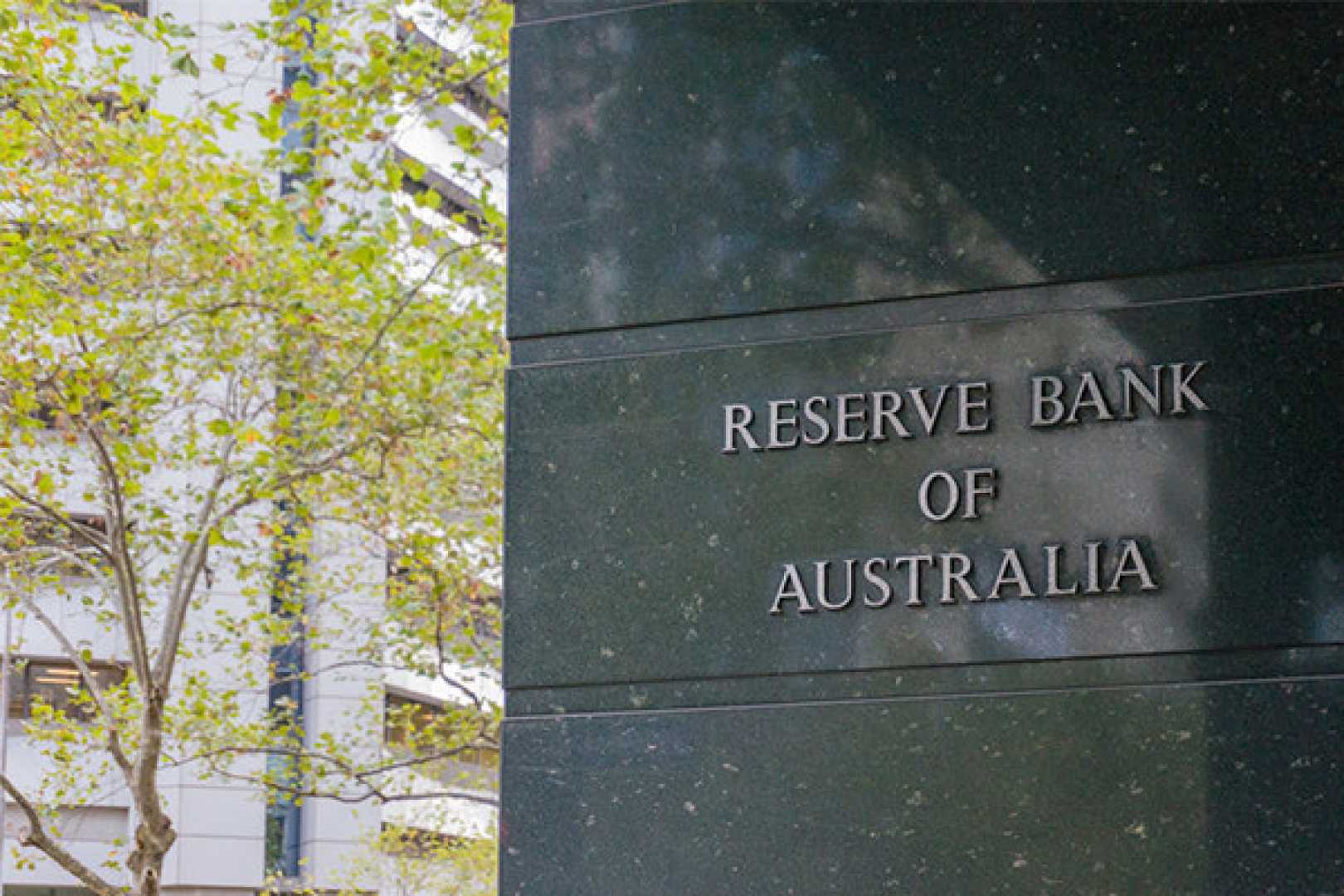Business
Reserve Bank of Australia Signals Caution Amid Economic Challenges

Borrowers in Australia may face disappointment as the Reserve Bank of Australia (RBA) reveals that interest rate cuts are unlikely to follow a recent sluggish growth report. RBA Governor Michele Bullock emphasized the need for more progress on inflation before making any adjustments to interest rates.
The Australian economy expanded by only 0.2 percent in the June quarter, with an annual increase of one percent, which marks the lowest annual rate outside of the pandemic since the recession of 1991. Despite the slowing growth, Ms. Bullock noted that the demand for goods and services remains strong.
Governor Bullock attributed this resilience to the economy’s rebound from the pandemic, although she acknowledged that productivity growth is not meeting expectations. She commented, “It’s the difference between growth rates and levels; that’s why inflation is still there.”
The continuing strain of high inflation is a significant concern for the federal government, which has been defending its budget management amid criticism of excessive spending. Ms. Bullock pointed out that both federal and state governments are focused on the consequences of inflation, as it directly impacts their constituents.
In response to inquiries about potential blame from Treasurer Jim Chalmers towards the RBA, Ms. Bullock chose not to comment, stating, “He’s doing his job and I’m doing mine.” The economic situation has led to opposition criticism, with Shadow Treasurer Angus Taylor suggesting a disconnect between government spending and the RBA’s efforts to manage inflation.
Finance Minister Katy Gallagher defended the government’s approach, highlighting targeted and staged spending to support the economy without worsening inflation challenges. She argued that investment and assistance during this period have helped mitigate more severe economic consequences.
Governor Bullock’s remarks focused heavily on the risks associated with high inflation. She warned that while inflation expectations remain stable, they cannot be taken for granted. The potential for firms and households to anticipate rapid price increases could necessitate further interest rate hikes to curtail economic growth.
Consequently, Bullock indicated that higher inflation persisting over a more extended period could exacerbate mortgage stress for borrowers, particularly those with lower incomes. “High inflation hurts everyone, especially the most vulnerable,” she concluded.












